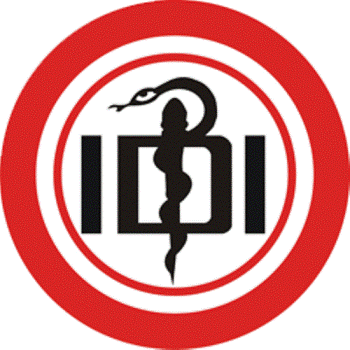Royal College of Obstetricians and Gynaecologists
Recent news reports have suggested that pregnant women in Australia and New Zealand have been advised to wear masks in public and stay at home if possible to reduce the risk of swine flu infection. The latest guidance issued by the Royal Australian and New Zealand College of Obstetricians and Gynaecologists (RANZCOG) recommends that “pregnant women should avoid unnecessary exposure to crowded areas but complete isolation at home would be regarded as extreme for most women.”
Experience with the current disease pattern shows that in most cases, swine flu tends to be a mild respiratory disease. A few cases of severe illnesses among pregnant women and infants have been reported in the UK and other countries. These have mostly affected women with pre-existing health problems.
Current guidance in the UK for pregnant and breastfeeding women remains unchanged. Pregnant women are advised to practice good hand hygiene by washing hands frequently with soap and water. Tissues should be used to cover the mouth and nose when sneezing and coughing, and used tissues should be disposed of promptly. Pregnant women are advised to avoid crowded places when possible. Women who experience any symptoms of swine flu should contact the National Flu Service (Call the Swine Flu Information Line on 0800 1 513 513).
Women with symptoms of the influenza who have been advised by the National Flu Service to take antiviral medication should do so. Once the antiviral treatment is authorized, women should arrange for a Flu Friend to collect the antiviral on their behalf. They should follow the advice to stay at home until they become symptom free. There is currently no evidence to suggest that the use of antiviral medication might cause harm to the baby. During pregnancy, it is also important to treat fever (high temperature). This can be controlled by taking paracetamol which is known to be safe in pregnancy.
The Royal College of Obstetricians and Gynaecologists (RCOG) and the Royal College of Midwives (RCM) will continue to work with the Department of Health to monitor disease trends, ensure appropriate planning for maternity services, and provide regular updates and recommendations.
Notes
The Royal Australian and New Zealand College of Obstetricians and Gynaecologists (RANZCOG) statement on H1N1 Influenza and Pregnancy (17 July 2009) is available here.
The recent news article in the Sydney Morning Herald is available here.
RCOG advice for pregnant women and updates on swine flu are available here.
Reliable information on swine flu is available from the following sources:
- Department of Health:
http://www.dh.gov.uk/en/Publichealth/Flu/Swineflu/index.htm
http://www.dh.gov.uk/en/Healthcare/Children/Maternity/Maternalandinfantnutrition/DH_099965 - NHS Choices:http://www.nhs.uk/AlertsEmergencies/Pages/Pandemicflualert.asp
- DirectGov: http://www.direct.gov.uk/en/Swineflu/DG_177831
Categories
- Registered Charity No. 213280
- Royal College of Obstetricians and Gynaecologists © 2009
24.jpg)



















No comments:
Post a Comment